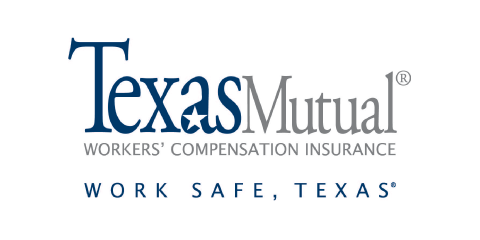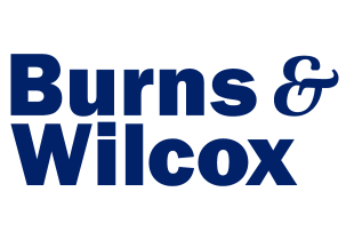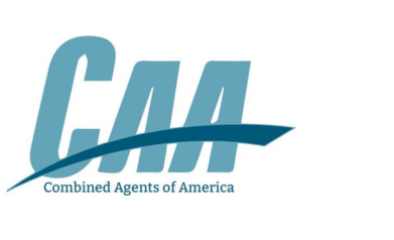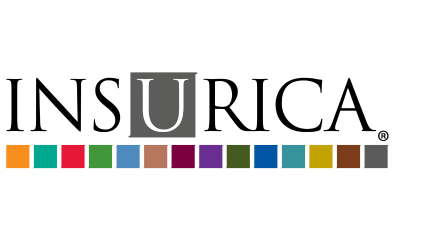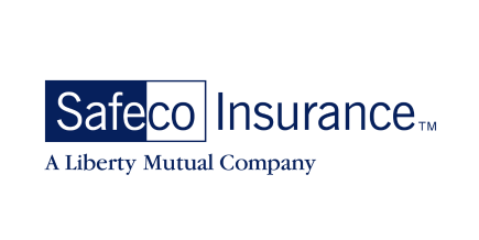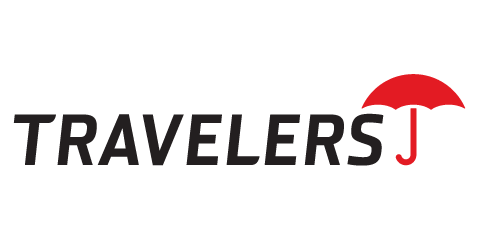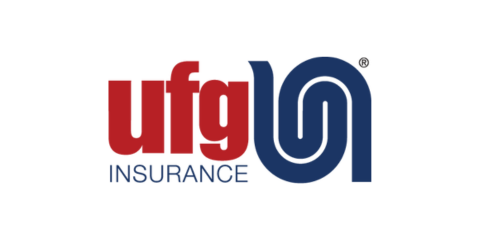Different Types of Insurers
There are many different types of property and casualty insurers operating in Texas. Each type has a different form of ownership and operation, and some are exempt from certain Texas insurance laws.
Stock Insurance Companies
Capital stock insurance companies are the dominant type of property/casualty insurers, controlling about 70% of the business. These companies are owned by their stockholders. They can pay dividends to their stockholders, and also to policyholders on a nondiscriminatory basis. Unless a stock company is permitted to operate as a surplus lines or nonadmitted insurer in Texas, it is subject to all rate and form regulations.
Mutual Insurance Companies
Mutual insurance companies are owned by the policyholders who purchase insurance from the companies. Mutual companies can pay dividends to policyholders. Although mutual companies have the right to assess policyholders for additional funds necessary to keep the company solvent, almost all mutual companies today operate like stock companies, charging a non-assessable, fixed premium for their policies. Mutual companies are subject to all rate and form regulations.
County Mutual Insurance Companies
Texas county mutual insurance companies have evolved from local assessment mutuals to statewide non-assessment mutual insurance companies. Their operation is exempt from many insurance laws; they are subject to rate and form laws. County mutuals have developed into a primary market for high risk insureds, where rates can be changed quickly to reflect changes in loss experience and market conditions. County mutuals can write insurance against loss by any cause that regulated property and automobile insurers can write. County mutuals are "admitted" (not surplus lines) and policyholders are subject to protection by the Texas Property and Casualty Insurance Guaranty Fund in the event of insolvency. County mutuals are unique in that Texas law prohibits the formation of any new county mutuals after the date of the original law (1954). Thus, there are only 23 county mutual insurance companies.
Farm Mutual Insurance Companies
Farm mutual insurance companies are organized on the mutual or cooperative plan to insure loss or damage to property by fire or any other hazard insured by fire and marine insurance companies in Texas. They are prohibited specifically from writing insurance to cover the third party liability of an insured. The words "Farm Mutual" or "Farmers Mutual" must appear in the name of a farm mutual insurance company, and the majority of insurance in force must be written on "rural" property.
Farm mutuals may be assessable. They are free from rate and form regulation, but policyholders are protected by the guaranty fund in the event of insolvency.
Lloyds Plan Companies
These companies are called "Texas Lloyds". Individuals, partnerships or associations of individuals can organize a Lloyds company and offer all types of property and liability insurance. The members of the Lloyds are called "underwriters," and the company is administered by an attornies-in-fact. The underwriters are not required to be individuals or located in Texas, and the attorney-in-fact does not have to be a natural person. Lloyds companies are subject to Texas rate and form regulations. Policyholders are protected by the guaranty fund in the event of insolvency.
Reciprocal Exchanges
Reciprocal exchanges are similar to mutual insurance companies, in that they are technically owned by their policyholders, and also similar to lloyds companies, in that they are operated by an attorney-in-fact. They are subject to rate and form laws.
Reference:
- County Mutual Insurance Companies - Chapter 912, Texas Insurance Code
- Farm Mutual Insurance Companies - Chapter 911, Texas Insurance Code
- Lloyd's Plan - Chapter 941, Texas Insurance Code
- Reciprocal Exchanges - Chapter 942, Texas Insurance Code
- Mutual Assessment Companies - Chapter 881, Texas Insurance Code
- Texas Property and Casualty Guaranty Association

